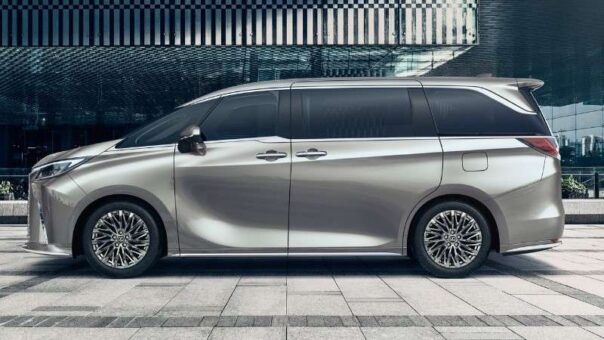At Auto Shanghai 2023, Lexus unveiled the all-new Lexus LM, the second generation of the luxury MPV.
(more…)Category: Automotive
PkRevenue provides stories related to automotive industry. We focus on auto policy of Pakistan. The coverage also includes sales of domestic manufacturing.
-
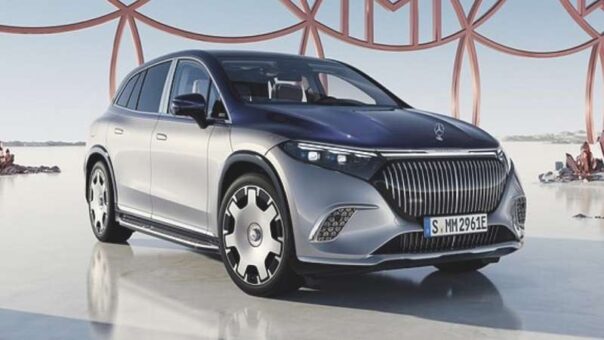
Mercedes-Maybach unveils its first All-Electric SUV: The EQS 680
Mercedes-Maybach has recently launched its first all-electric series model, the EQS 680 SUV.
(more…) -
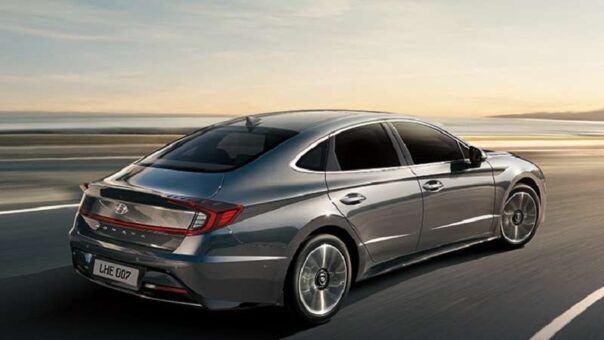
Price of Hyundai Sonata trims in April 2023
The Hyundai Sonata made its debut in Pakistan on July 06, 2021, featuring two variants: the Hyundai Sonata 2.0 and the Sonata 2.5.
(more…) -
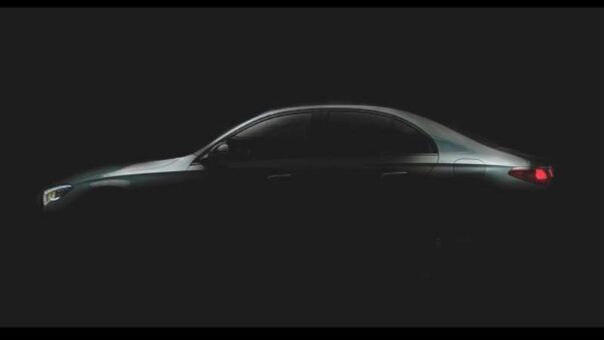
Mercedes to unveil E-Class on April 25
Mercedes-Benz is set to unveil the latest version of its iconic E-Class on Tuesday 25th April 2023 at 5 pm (CEST), showcasing the evolution of the brand.
(more…) -
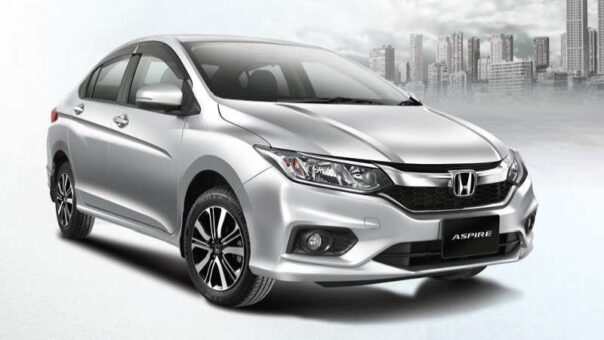
Price of Honda City trims in April 2023
The sixth generation of Honda City was launched in Pakistan in 2021. The car is locally manufactured by Honda Atlas Cars Pakistan.
(more…) -
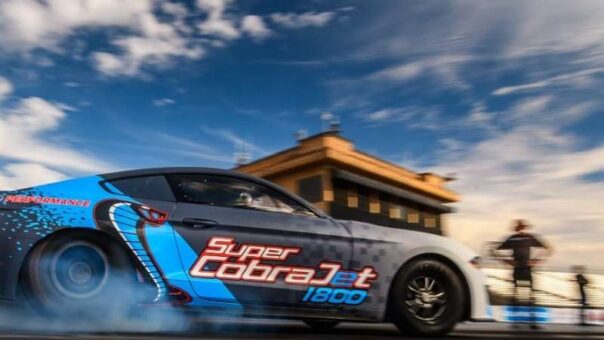
Ford unveils electric Mustang Super Cobra Jet 1800
Ford Performance has announced the latest addition to its electric-powered motorsports lineup, the Mustang Super Cobra Jet 1800.
(more…) -
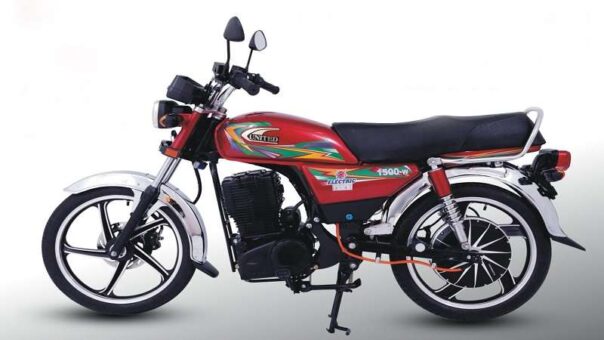
Pakistan approves interest-free loans for electric bikes to boost local manufacturing
On Thursday, Pakistan’s Economic Coordination Committee (ECC) approved interest-free loans for electric bikes and electric rickshaws. The move is aimed at encouraging the manufacturing of electric vehicles in the country.
(more…) -
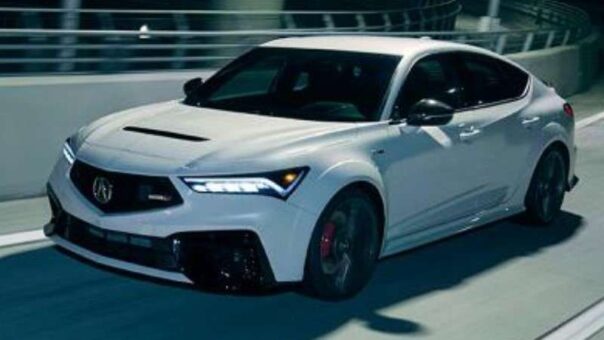
Acura’s revamped 2024 Integra Type S takes streets with unmatched performance
Acura’s latest release, the 2024 Integra Type S, is making waves in the automotive industry with its unbeatable performance and sleek design. This high-performance car is not only fast, but it also boasts premium features and refinement that are sure to turn heads.
(more…) -
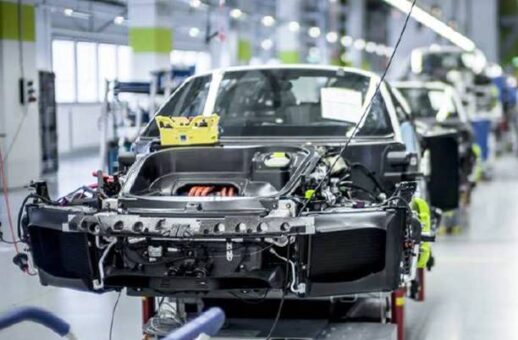
Inventory shortages force leading Pakistani automotive companies to extend plant shutdown
In the wake of inventory shortages, leading automotive companies in Pakistan Thursday announced an extension of their plant shutdown periods.
(more…) -
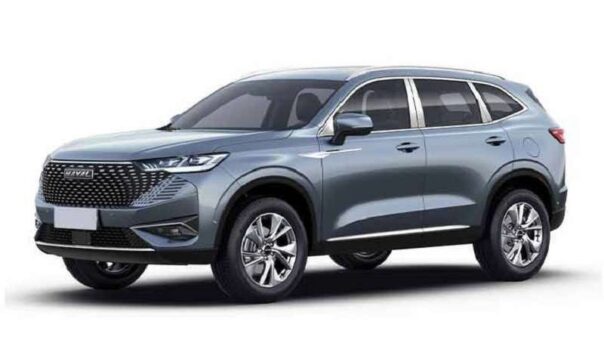
Sazgar raises Haval H6 prices by up to Rs500,000
Sazgar Engineering has announced to raise the prices of Haval H6 by Rs500,000. The price hike is attributed to the devaluation of the Pakistani Rupee against the US dollar, uncertain economic conditions, and high inflation.
(more…)
